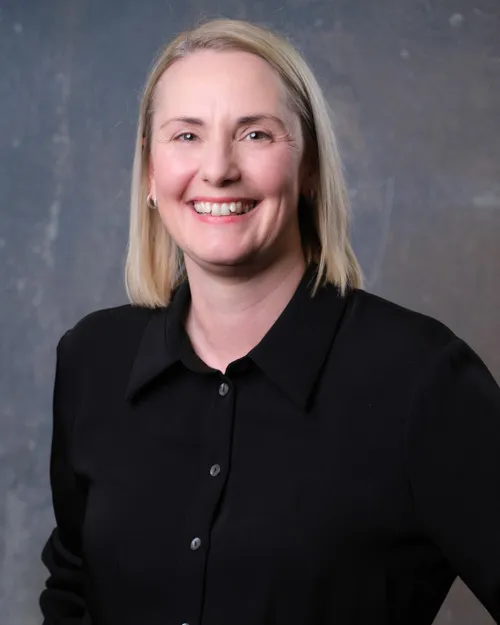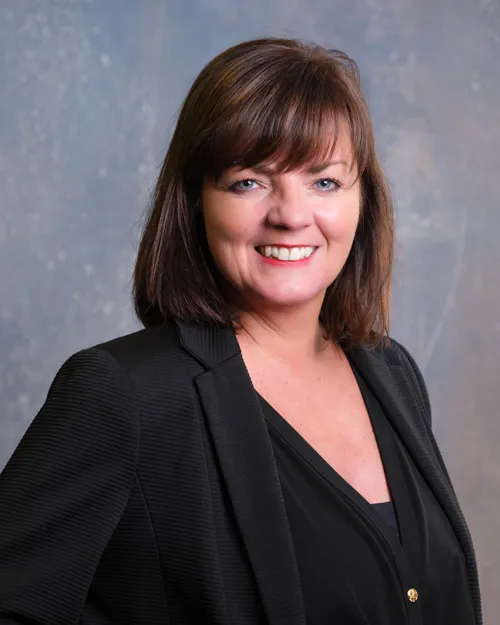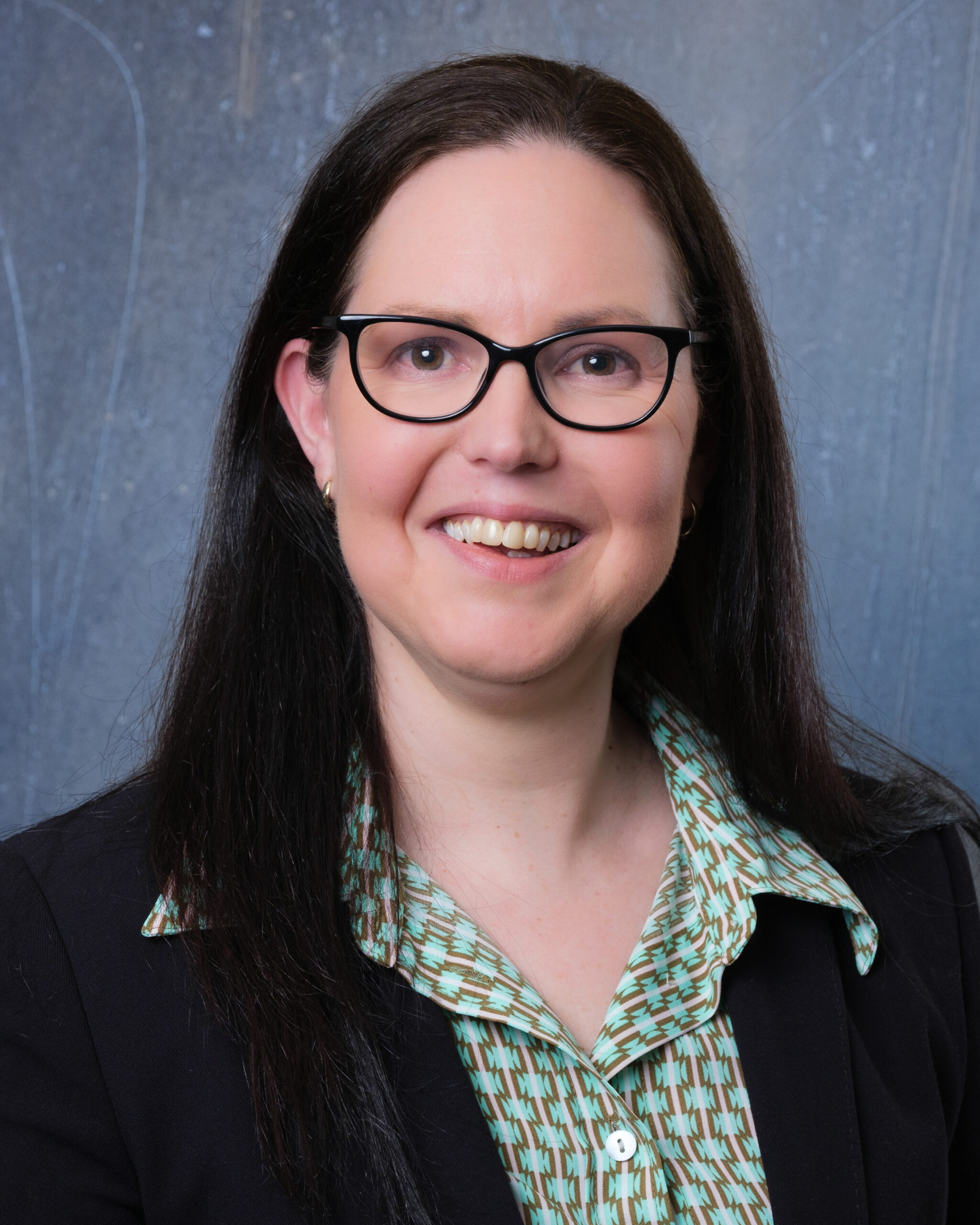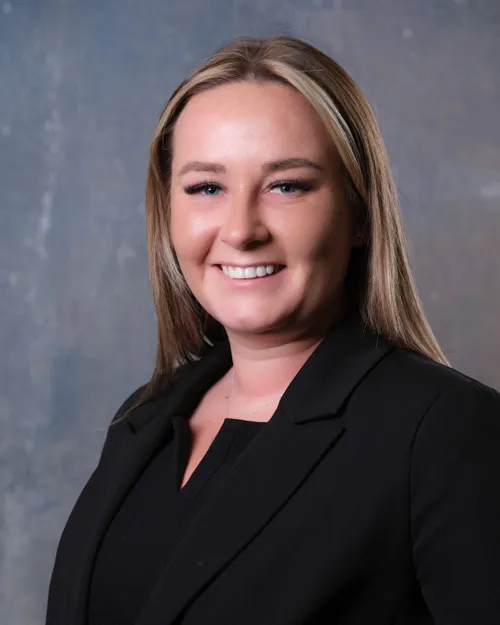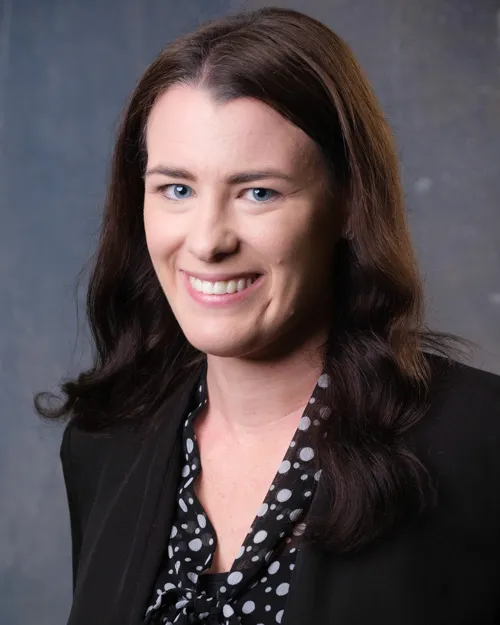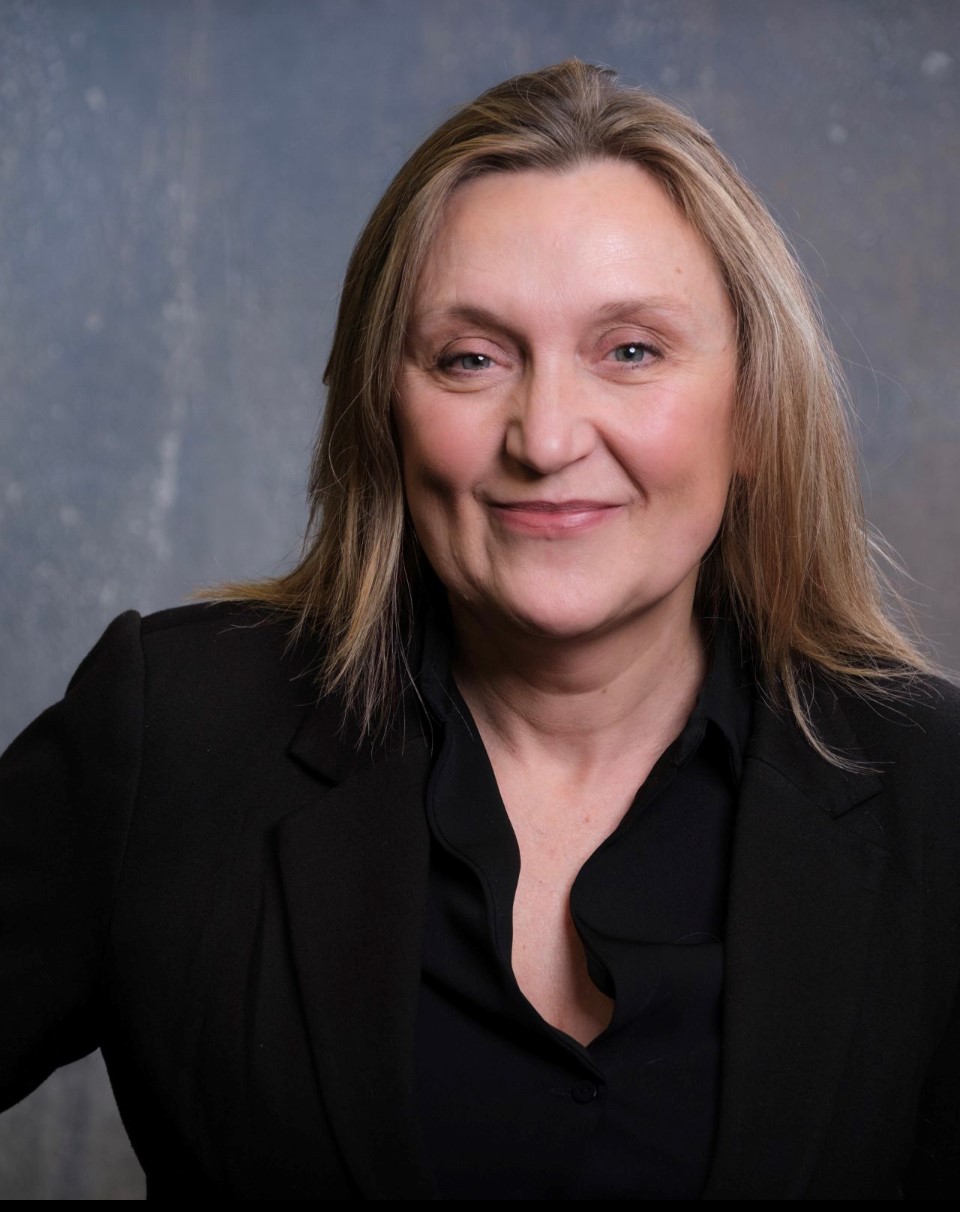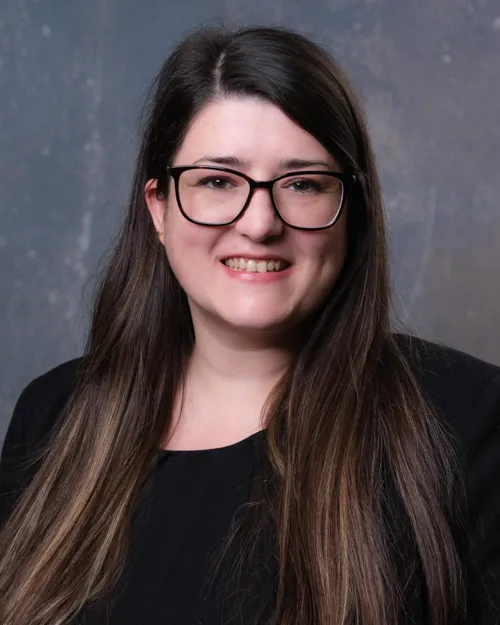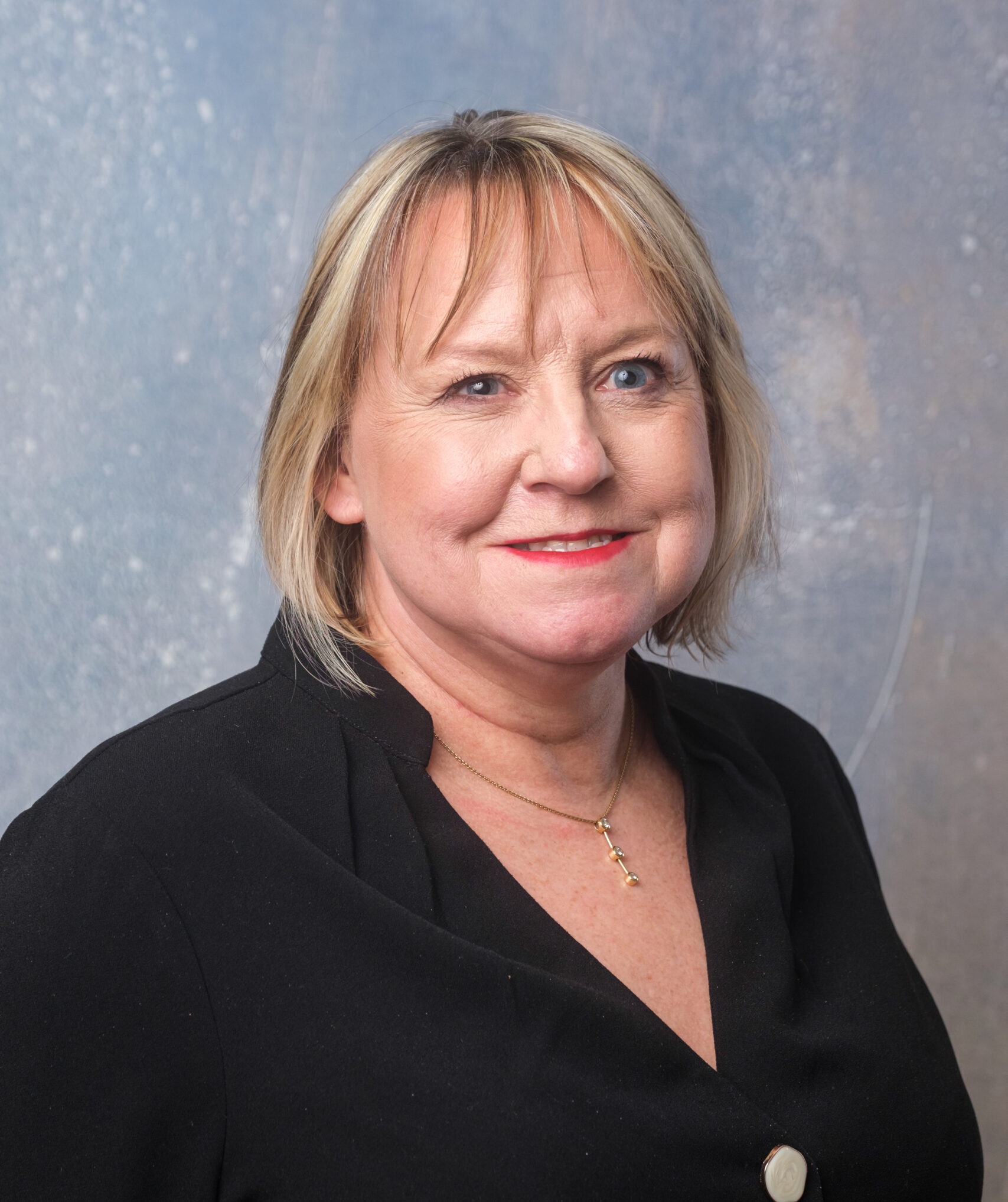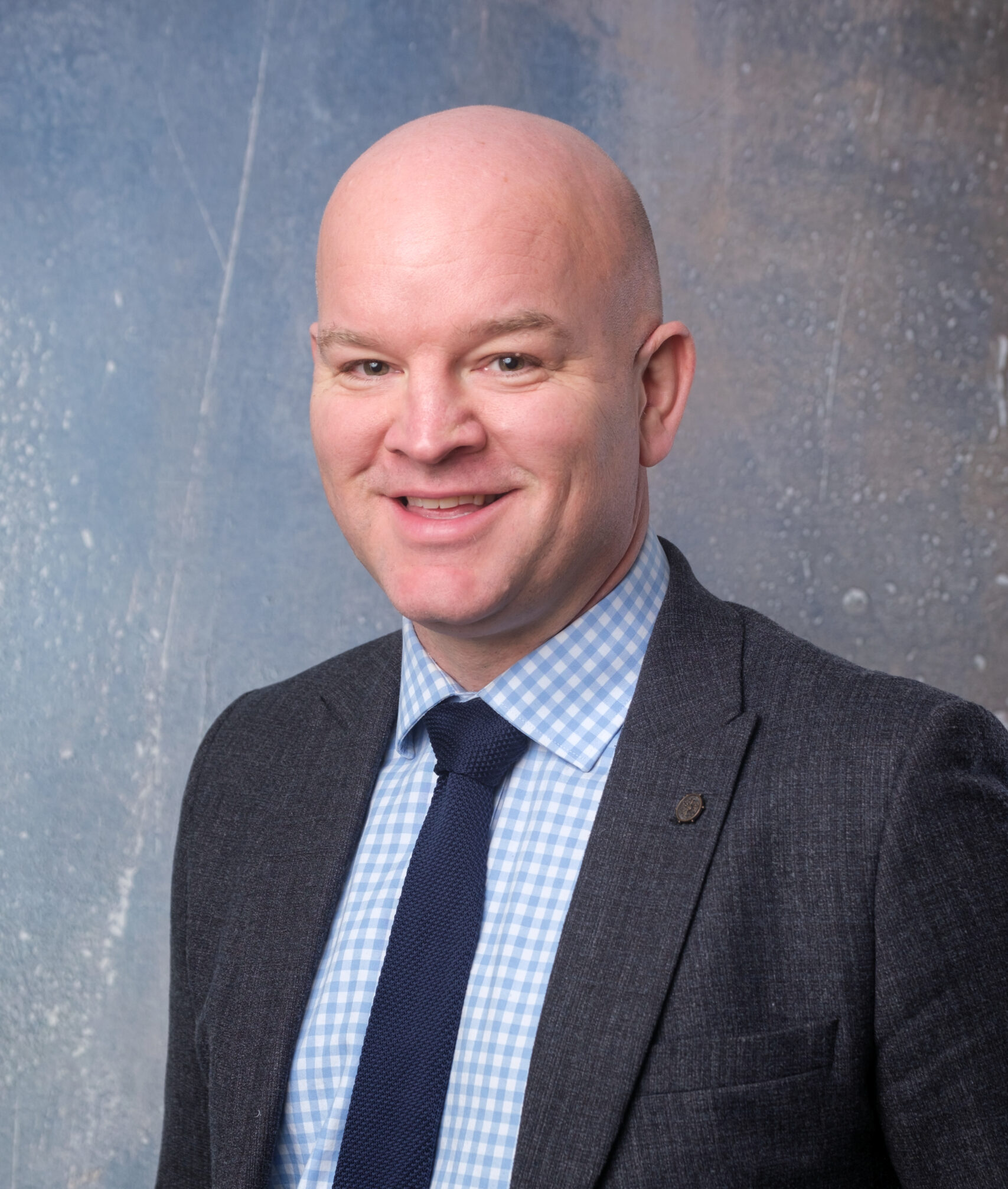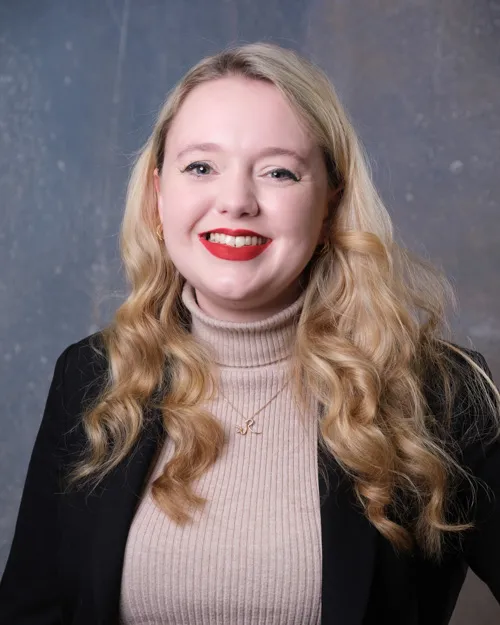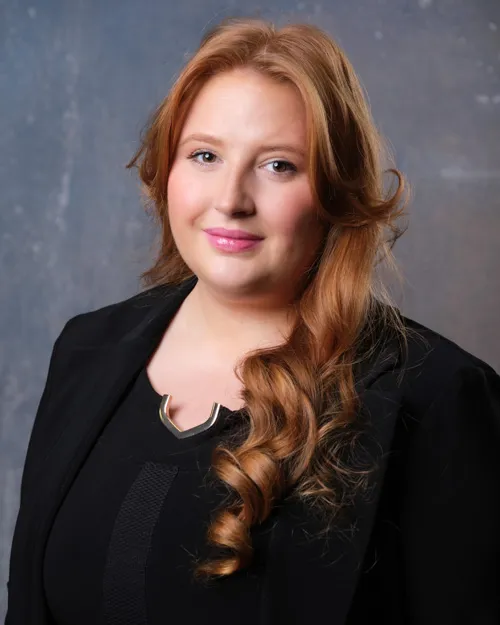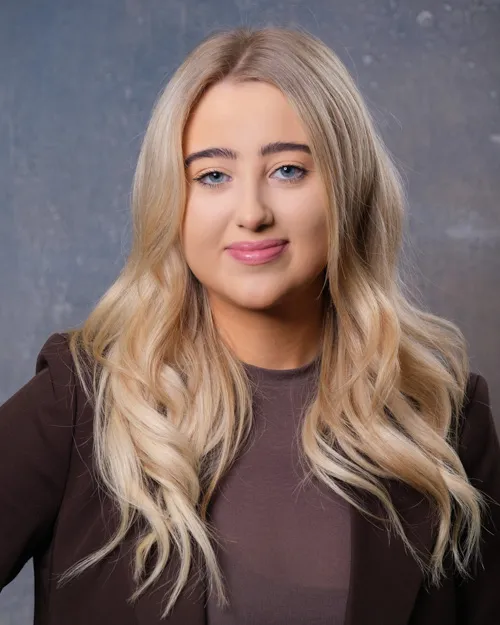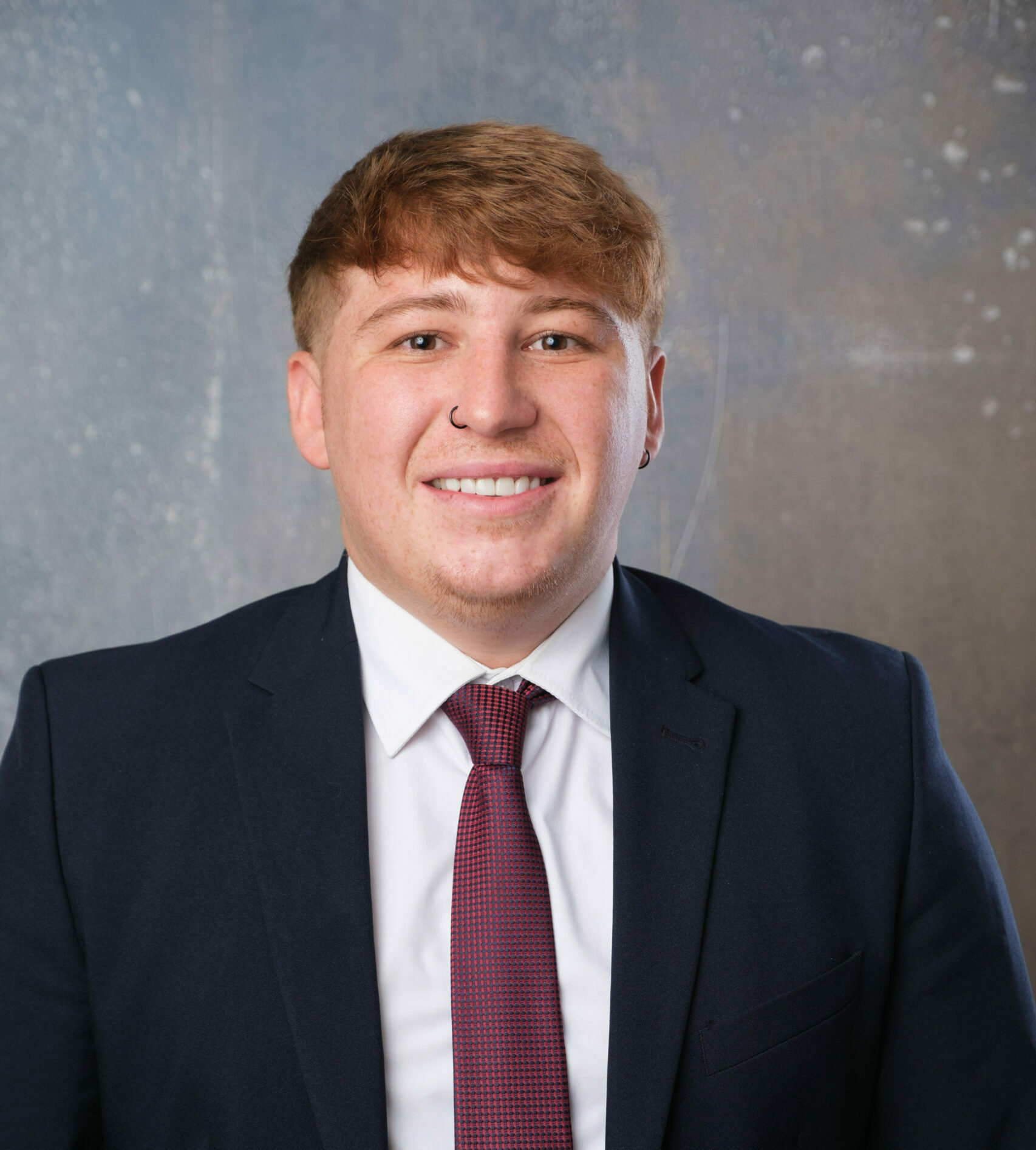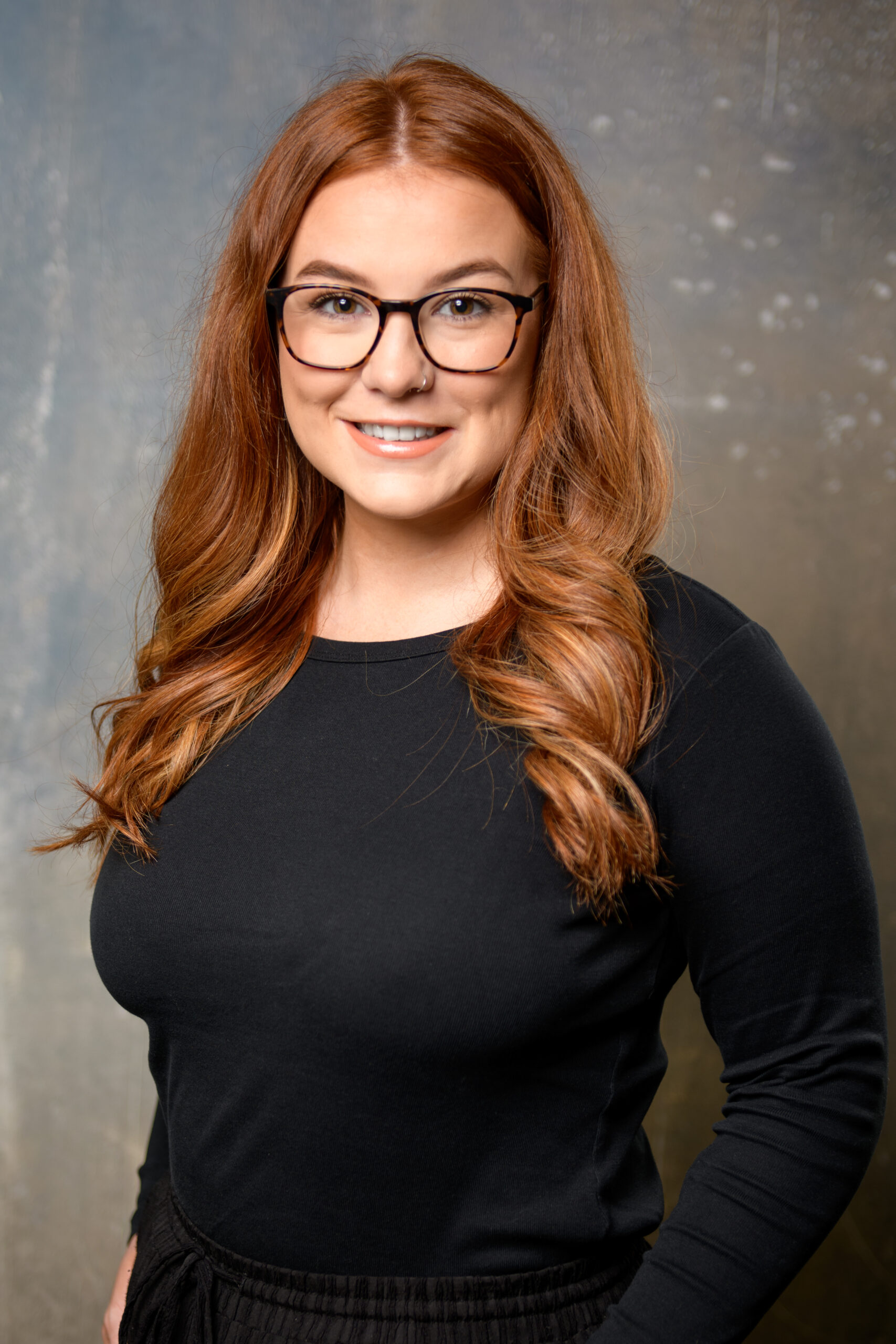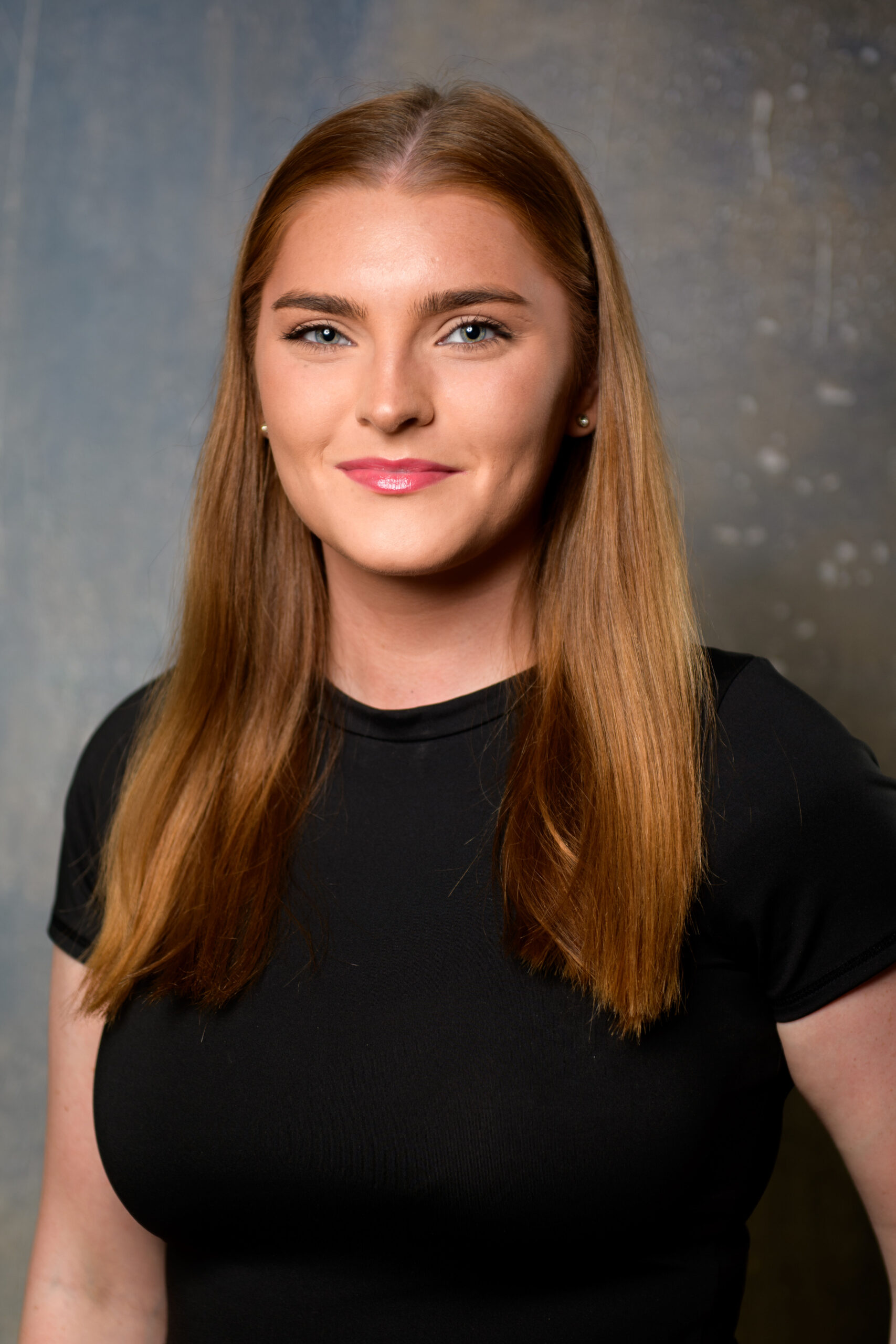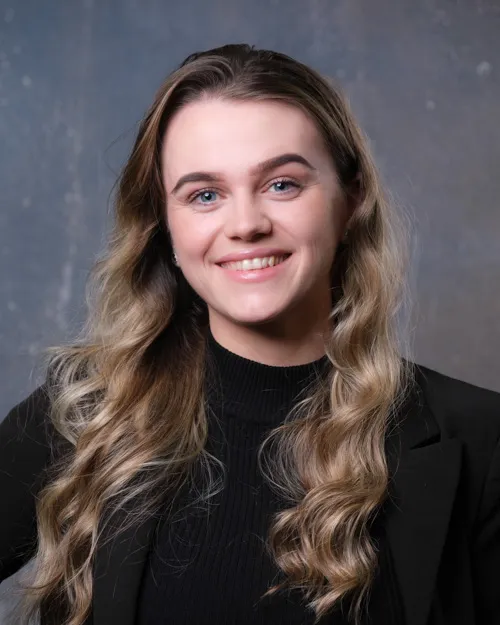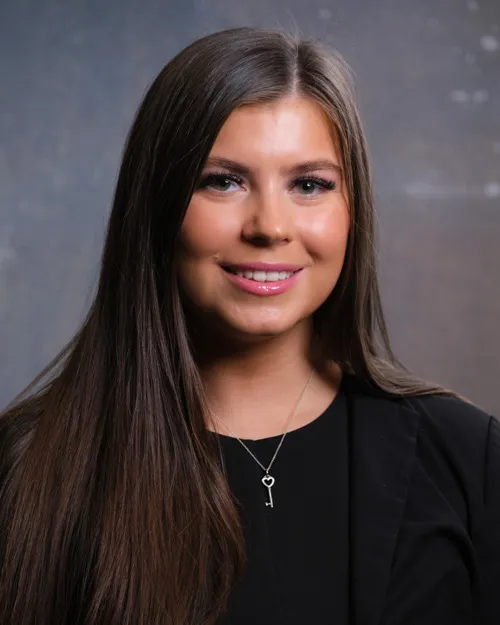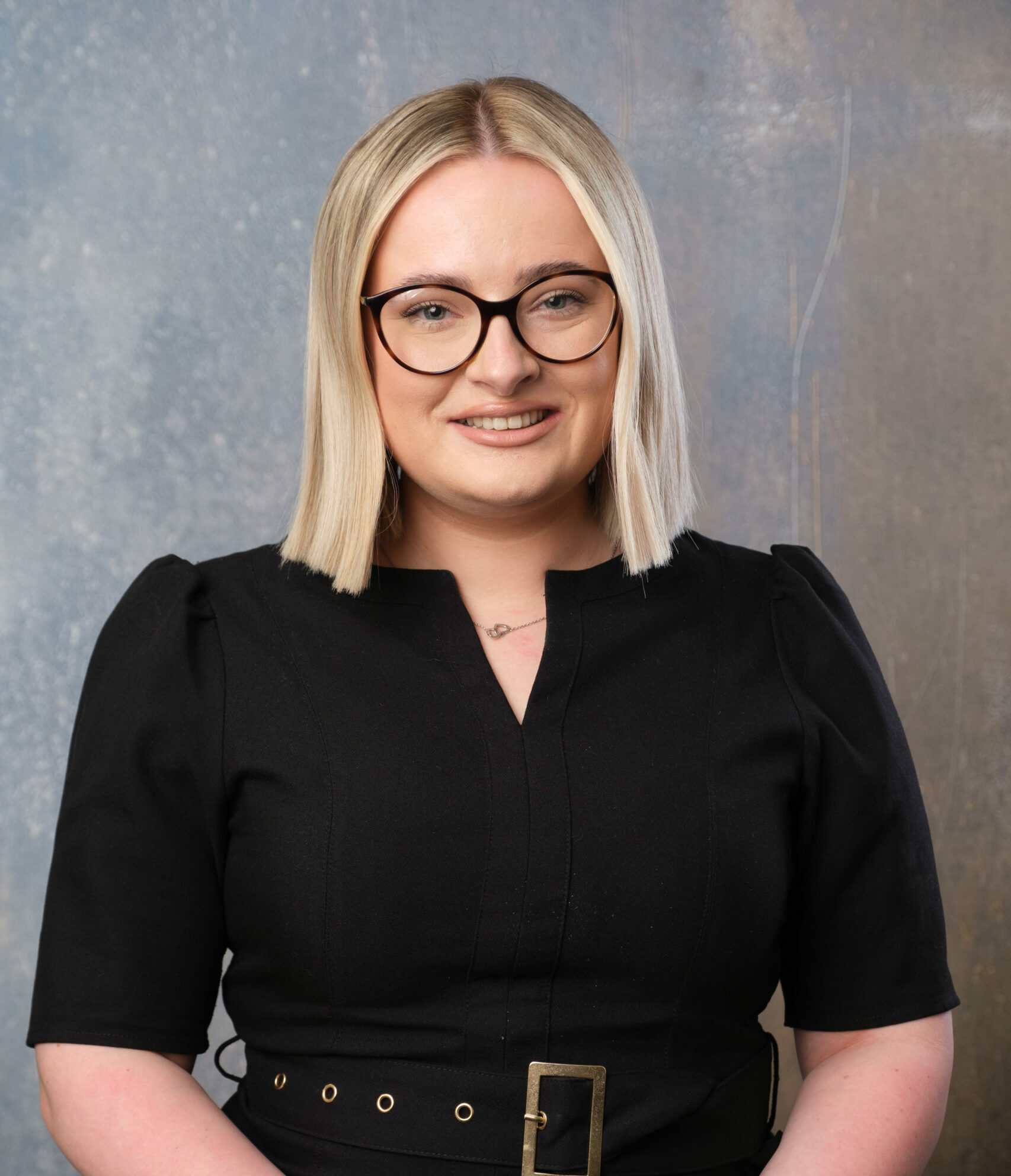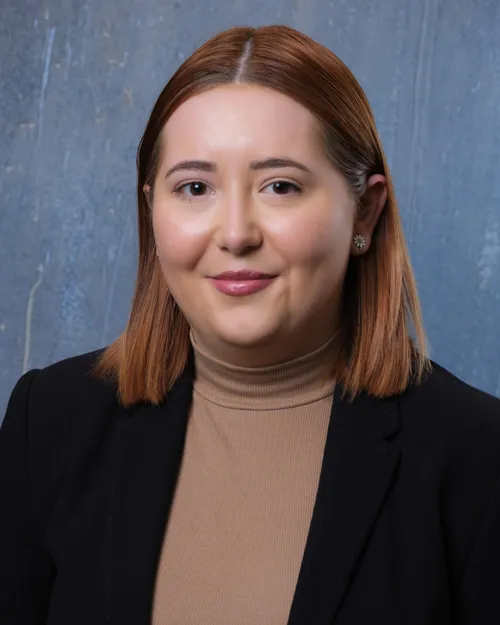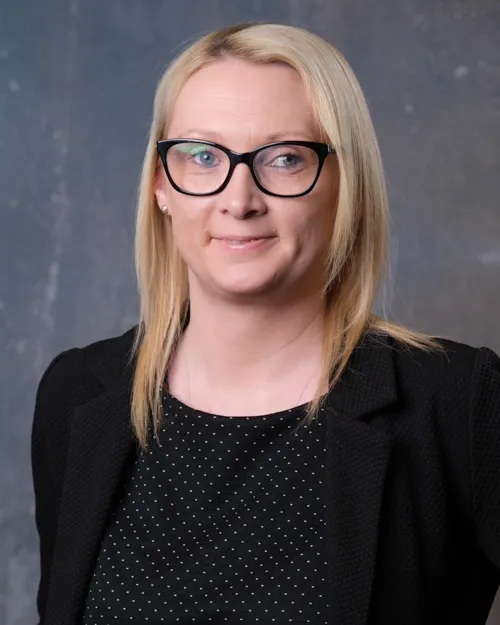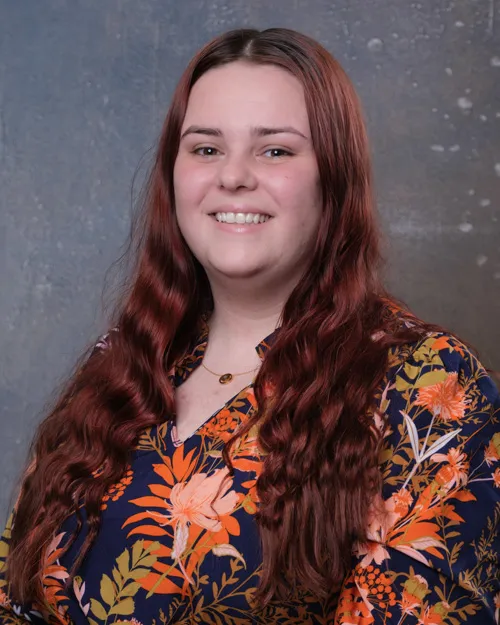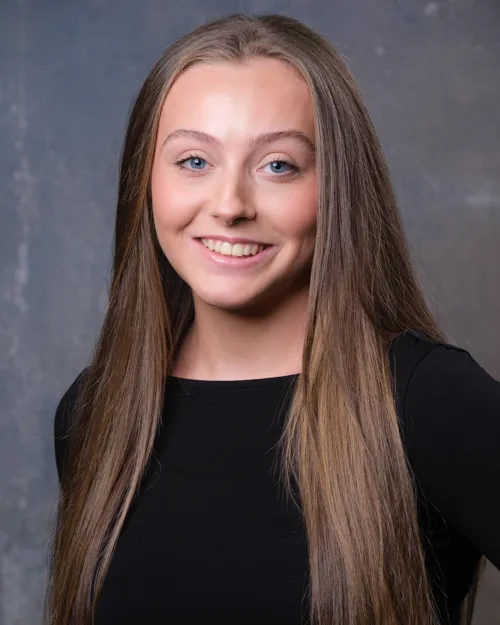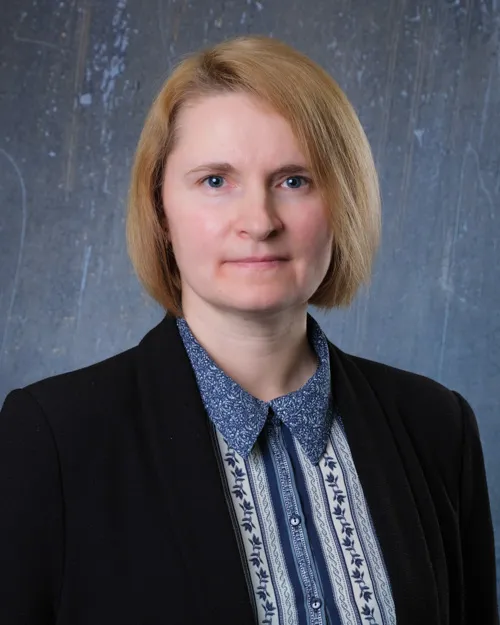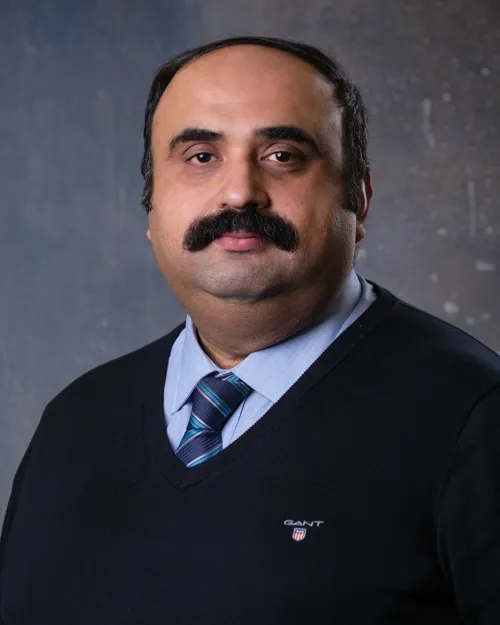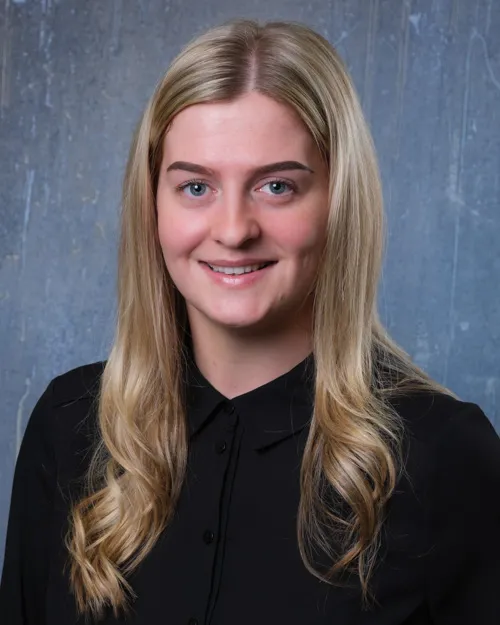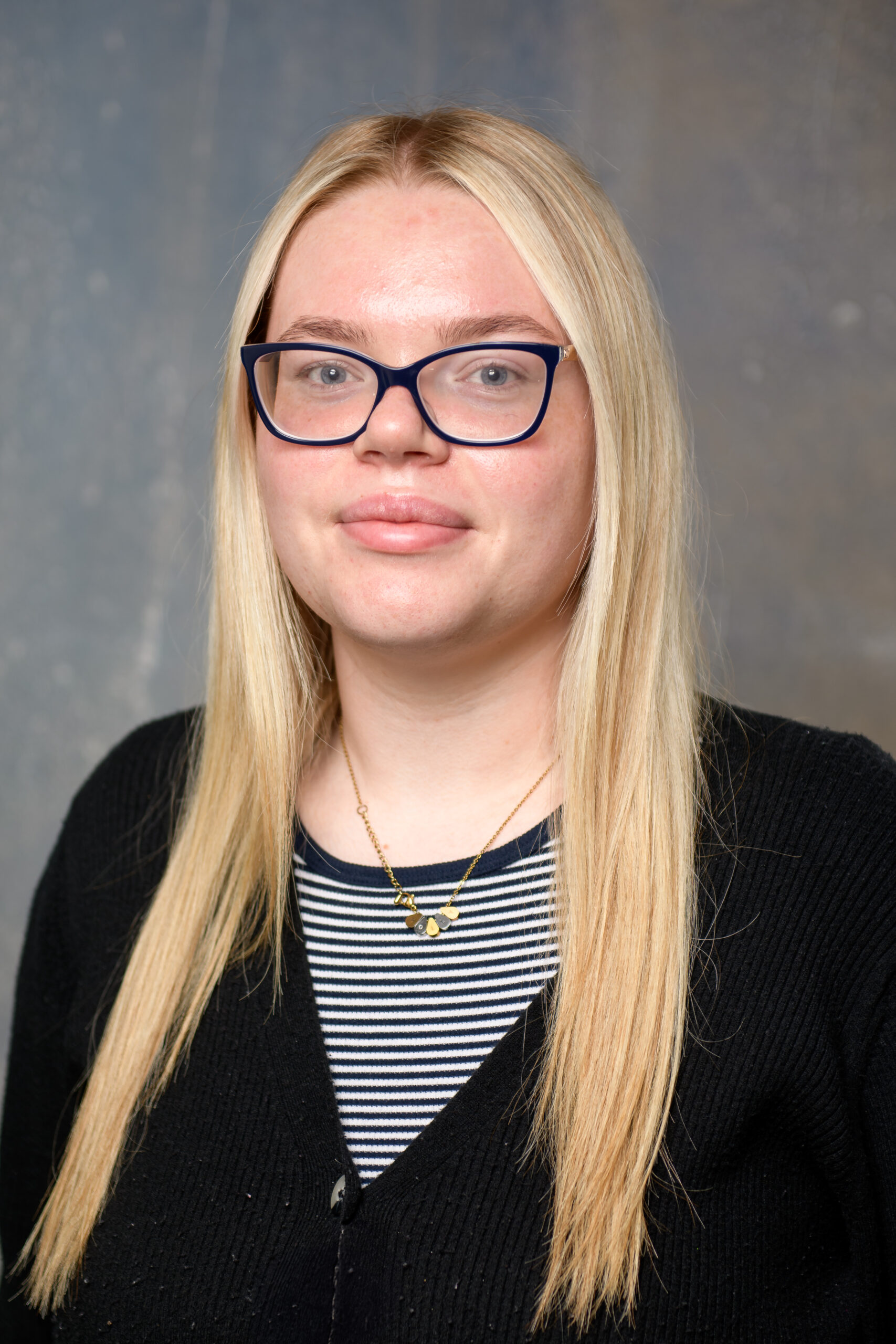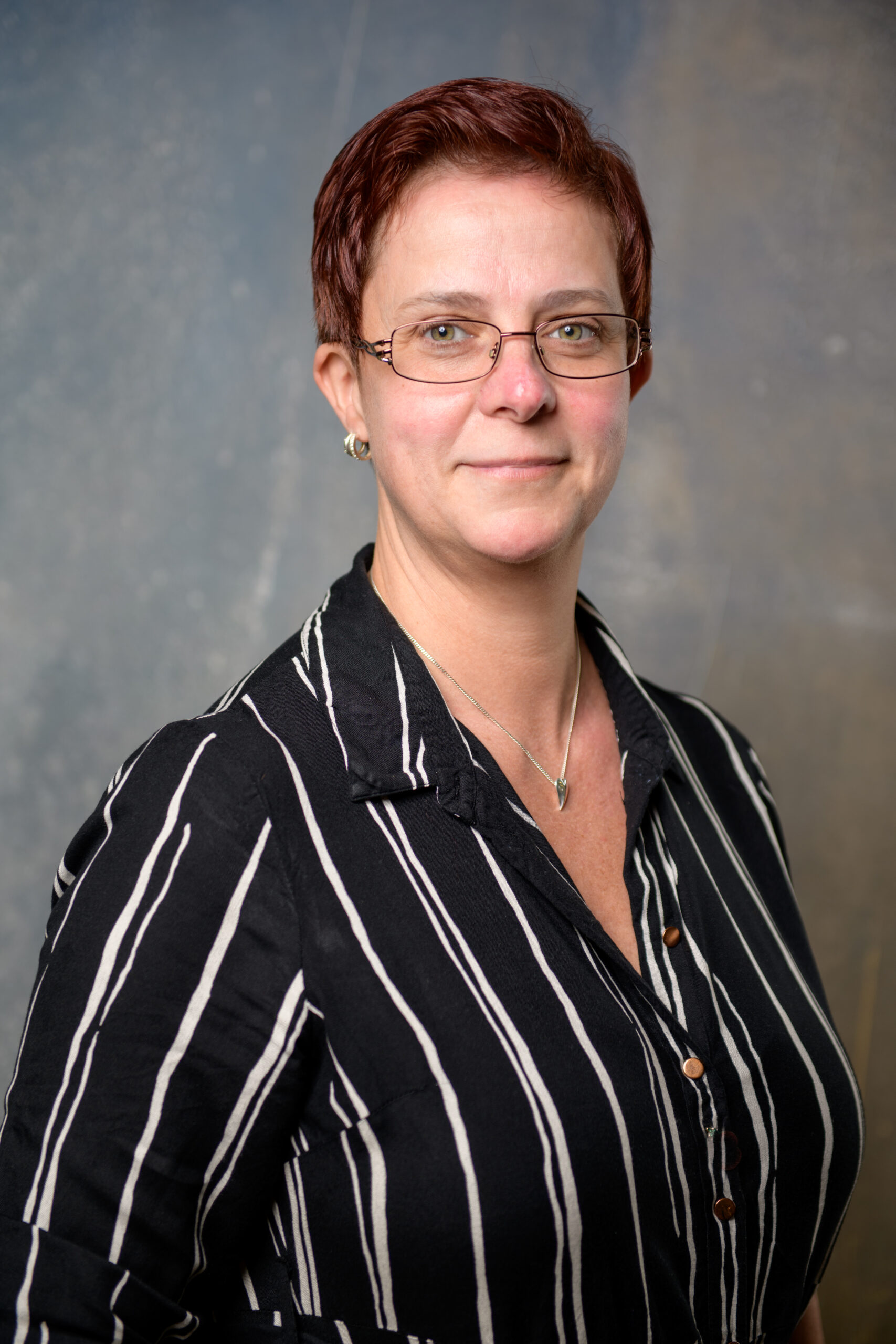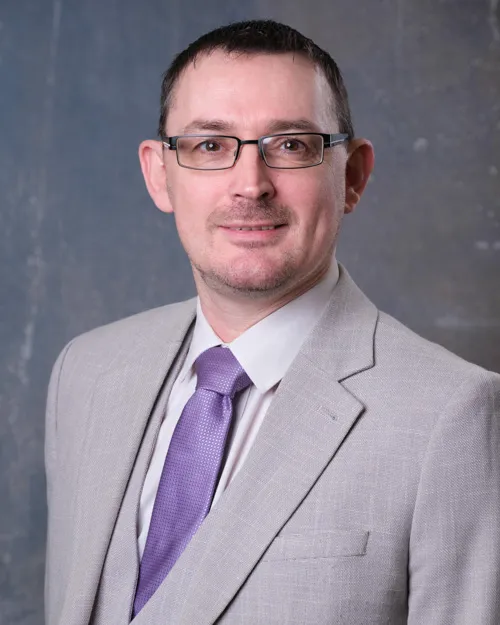Social services may have been involved with your family for some time as part of child protection or the pre-proceedings process or there may have been an incident which led to the local authority issuing court proceedings urgently; however your children’s care proceedings have come about our solicitors can help. You will be told if the local authority are going to start care proceedings but how much notice you get will depend on the circumstances that led to the start of care proceedings and what has happened in your family. It is common to have the first hearing within a few days.
If the social worker is very concerned about your children’s immediate safety the local authority may request that an urgent hearing is listed for a judge to consider removal of your children. Our solicitors can ensure you receive advice and are represented at these hearings and as a parent, or someone with parental responsibility, you will be able to access legal aid automatically so will not have to pay for legal representation.
If you don’t agree that the local authority should remove your children from your care then the hearing will be ‘opposed’ and the hearing will be a ‘contested’ hearing. The judge will not just agree with the local authority’s request to remove your children, they will hear evidence and can only make an interim care order for your children if they believe there are reasonable grounds to believe that the children are suffering, or are likely to suffer, significant harm and removing them from your care is the only way of protecting the children. A judge will then consider the issue of interim removal of your children and decide whether the children’s safety demands their immediate separation from their parents’ care. There is a high standard of justification and removal must be necessary and proportionate. If a judge decides to make an interim order, and remove your children from your care, the children would usually be placed with a suitable family member or friend or in foster care.
Even if the judge decides to remove your children at the first hearing, no final decisions have been made. The type of order that a judge might make at a first hearing is called an interim care order or interim supervision order, it is not a final order and is only in place during the course of the proceedings, at this stage no final decisions or final orders have been made so you still have the ability to change the outcome of the proceedings.
If there hasn’t been an urgent hearing the first hearing in care proceedings is called a Case Management Hearing and will be held within the first few weeks of the care proceedings starting. If there has been an urgent hearing it will be the next hearing you attend.
The judge will be looking at what the Local Authority believes are the issues in the care proceedings and what you say about it. They will also look at the local authority’s plan for the children, called a care plan. If it hasn’t been decided at an urgent hearing, the court will also look at where the children should live and whether the court needs to make an ‘interim’ order; whether it is an interim care order or interim supervision order. ‘Interim’ just means the order will last whilst the proceedings are going on and it is not a final decision. The court will also direct assessments of any family or friends that might be able to care for the children.
The judge will decide what evidence is needed for them to make a decision on the issues and manage the timeline as care proceedings should be completed within 26 weeks. The evidence that a court might decide to get depends on each family and the difficulties they have experienced, it can include assessments, statements, reports and testing. It helps to be represented by a specialist care solicitor who can advise you on what you need to ask for to help your position.
During the care proceedings, and before the issue resolution hearing, the social worker and other professionals will complete assessments. The different reports, assessments and tests that are needed will depend on the issues in each case. You may be asked to get support or do work around your parenting, relationship issues, drug or alcohol misuse, domestic violence etc. You may be asked to have a psychological or psychiatric assessment. If there are injuries to your children the court may direct that specialist medical experts do a report. If you are asked to work with a professional you should do this as soon as possible and attend all sessions, the Judge will want to see that there are changes and the risks that have been identified are being addressed. This could help you to show that the risk to the children has reduced and that the children could be returned or stay in your care. The evidence that is gathered during the proceedings will be shared with the parties and the court. Towards the end of the proceedings the social worker will do their final evidence and advise the court what they think is the best long term plan for your children. The Guardian will also do a final analysis and look at the different options before telling the court what they think should happen.
The next hearing will be an Issues Resolution Hearing and the court will look at the assessments that have been filed and the final evidence from the social worker. The court will also look at the care plan that has been prepared for each child. If there are issues that have not been resolved and that you do not agree with then the court will consider how these are to be dealt with at a final hearing and how long a final hearing will take. If it is possible to reach agreement about where the children should live, the contact they should and what order should be made it can be dealt with at this hearing and a final hearing is not necessary.
The last hearing in care proceedings is called the final hearing and can sometimes take place over several days or weeks. At the end of the hearing the judge will make their final decision about the care proceedings, what should happen with your children and what orders should be made. The Judge has to consider the children’s welfare and the different points in the welfare checklist. They also have to consider the best long term arrangements for the children, what contact children should have with their parents or people who are important to them and what order should be made. Every family and set of proceedings is different and there are lots of different outcomes that could happen at a final hearing:
- Children go home, or stay, with their parent or parents
This could be under a ‘live with’ child arrangements order, a supervision order, a care order or no order
- Children stay or go to live with a family member or family friend
This could be under a ‘live with’ child arrangements order, a supervision order, a care order or a special guardianship order
- Children could stay or be placed in care whether in a long term foster placement or residential setting
This would be under a care order
- Children could be placed for adoption
A care order would be made with a plan for adoption approved by a judge and a placement order would be made usually at the same time. A placement order allows an adoption agency to place a child with a possible adoptive family. If the placement goes well the possible adoptive parents would then make an application for an adoption order. Once an adoption order is made the adoptive family become the child’s legal family and all legal relationships with the birth family come to an end.
